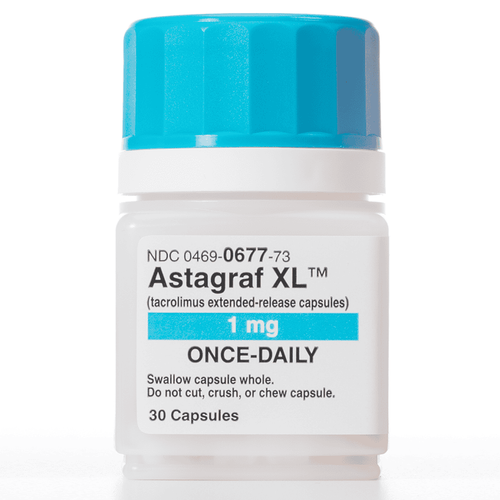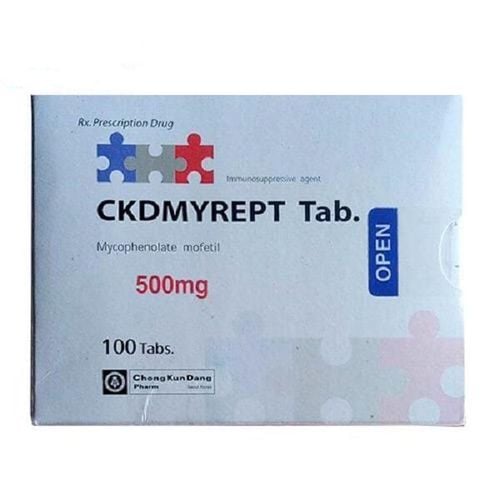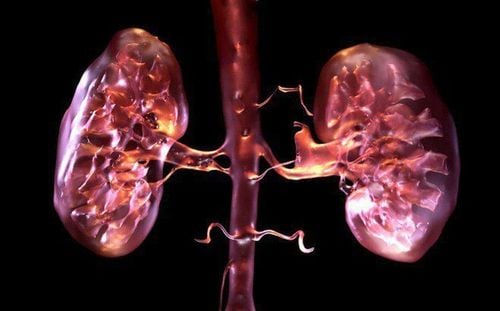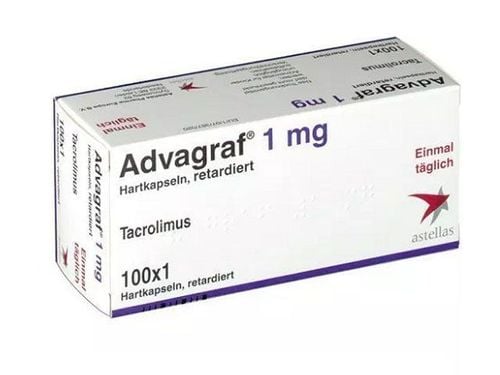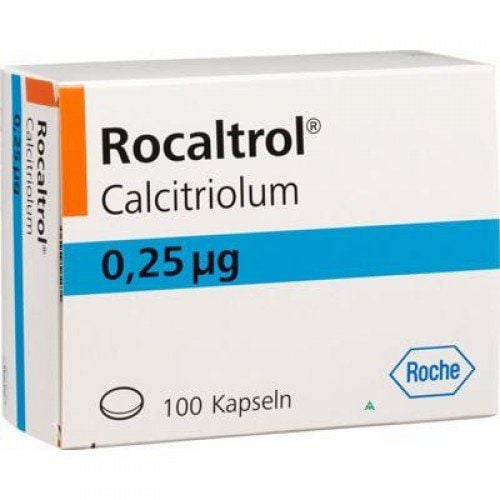This is an automatically translated article.
This article is professionally consulted by Master, Resident Doctor Tran Duc Tuan - Department of Diagnostic Imaging - Vinmec Central Park International General Hospital. The doctor has many years of experience in the field of imaging and interventional internal and external blood vessels.Central venous pressure reflects the pressure of the right ventricle and partial left ventricular preload. At the same time, it reflects the degree of venous return and right ventricular function. Therefore, measurements of central venous pressure should serve as a guide for fluid management during renal transplantation.
1. When is a kidney transplant needed?
The kidneys are responsible for filtering fluid and waste in the blood. Once the kidneys lose their ability to filter, fluid and waste build up in the body, leading to kidney failure. Sometimes kidney failure can develop suddenly. If acute kidney failure is treated aggressively, it can be cured. However, chronic kidney failure often progresses slowly if it is due to diabetes, high blood pressure,... if left untreated, chronic kidney failure can progress to the end stage of kidney disease. At this time, kidney function is almost no longer, the patient needs dialysis or a kidney transplant is indicated.For successful kidney transplant surgery, patients need to eat and drink according to instructions, take medicine as prescribed by the doctor, have regular checkups, participate in normal activities, and be optimistic.
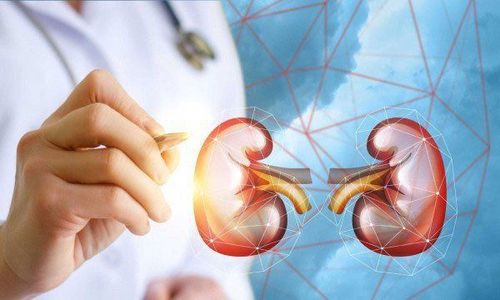
2. Role of central venous pressure in kidney transplant surgery
Central venous pressure reflects the pressure of the right ventricle and partial left ventricular preload. At the same time, it reflects the degree of venous return and right ventricular function. Therefore, measurements of central venous pressure have a role to guide fluid management during renal transplant surgery.The use of central venous pressure has a specific role as follows:
Evaluation of perioperative intravascular volume: For appropriate fluid administration to improve outcomes after kidney transplantation. Intraoperative control: For kidney transplant surgery, patients with renal failure often have to minimize fluid infusion to avoid fluid overload and reduce the need for dialysis after surgery. However, renal transplantation requires good perfusion of the new kidney to give the best chance of function, which depends on adequate intravascular volume and avoidance of hypotension. Determination of fluid response: Central venous pressure is an indicator of right ventricular and partial left ventricular preload. Reflects venous return limitation, information on right ventricular function. Measure central venous pressure to guide fluid administration.
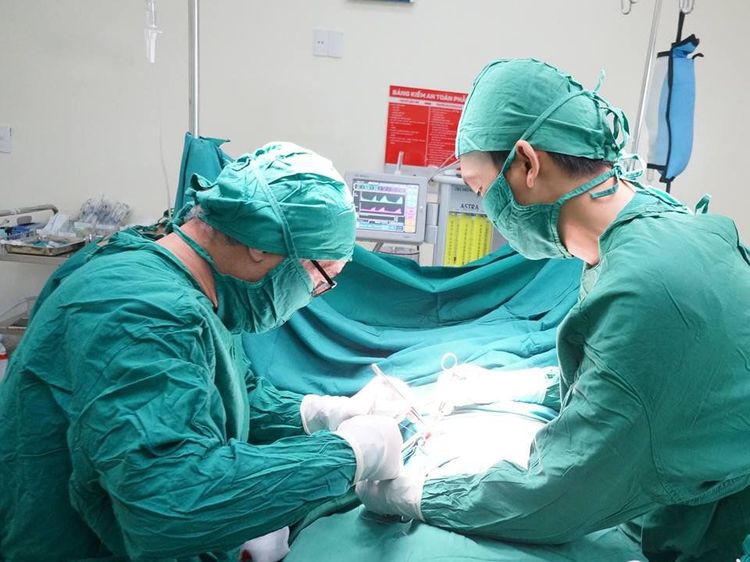
3. Advantages and disadvantages of kidney transplant control center manometry
Advantages:Method of measurement: this method is easy to measure, the instrument is simple, the cost is low. Measure central pressure with fluid response: predictive value <6-8 mmHg and central pressure >12-15 mmHg is satisfactory. The central pressure can be used as a safe value. Target value: Satisfactory hemodynamic goal achieved Cons:
Error in measurements, influence of ventilator, effect of intra-abdominal pressure. The prognostic value for fluid responsiveness is lower than that of the dynamic index. The safety value must be determined separately as there is no predefined upper safety center pressure level. Some patients are severely restricted or supplemented with fluids. In patients with no index of hypoperfusion, this method should not be used because fluids are not needed. Vinmec International General Hospital with a system of modern facilities, medical equipment and a team of experts and doctors with many years of experience in medical examination and treatment, patients can rest assured to visit. and hospital treatment.
Please dial HOTLINE for more information or register for an appointment HERE. Download MyVinmec app to make appointments faster and to manage your bookings easily.





